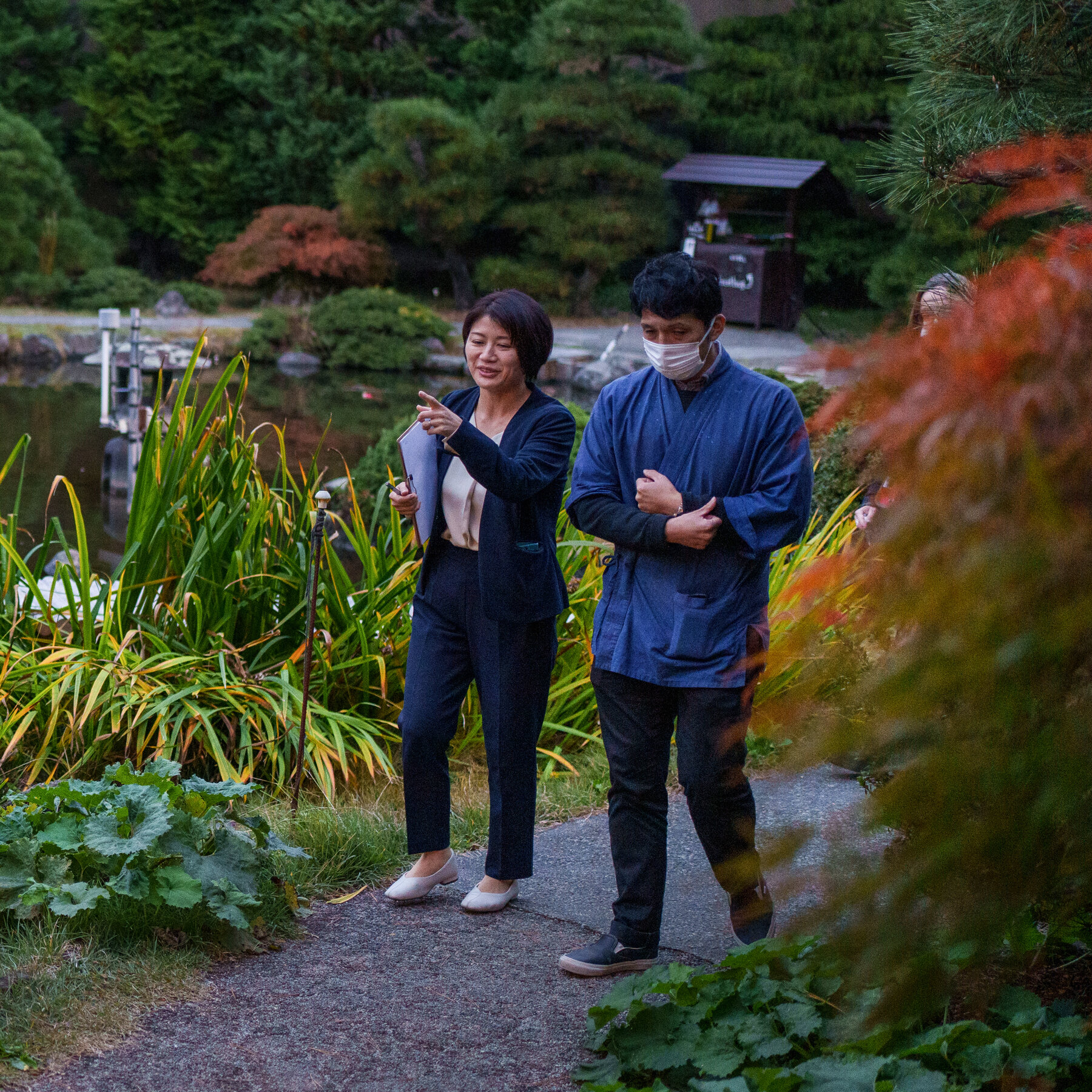
Hanako Okada Beat the Odds to Upend a Male Political Dynasty in Japan
In the recent general election in Japan, a significant milestone was reached – a record-breaking 73 women were elected to the Parliament, shattering the long-standing male dominance that had characterized the country’s political landscape. Among these trailblazing women was Hanako Okada, whose inspiring journey offers a glimpse into the evolving role of women in Japanese politics.
Hanako’s path to the halls of power was not an easy one. As a young woman, she faced numerous societal barriers and biases that sought to discourage her from pursuing a career in politics. However, Hanako’s unwavering determination and passion for public service fueled her to overcome these challenges. She recognized the urgent need for greater female representation in the decision-making process, and she was determined to be a voice for the voiceless.
Throughout her campaign, Hanako engaged with her constituents on a deeply personal level, listening to their concerns and tailoring her platform to address the unique needs of her community. Whether it was advocating for improved healthcare access, championing educational reforms, or pushing for more sustainable economic policies, Hanako’s unwavering commitment to her community resonated with voters, who saw in her a leader who truly understood their struggles and aspirations.
One of the most striking aspects of Hanako’s journey was her ability to connect with people on a human level, breaking down the traditional barriers that often separate politicians from the people they serve. She made a conscious effort to eschew the formal, stiff demeanor that had long characterized Japanese political figures, instead embracing a warm, approachable style that put her constituents at ease.
Of course, Hanako’s success was not without its challenges. As a woman in a male-dominated field, she faced constant scrutiny and criticism, both from her political opponents and from elements within her own party. But Hanako refused to be deterred, drawing strength from the support of her family, friends, and a growing network of like-minded women who were inspired by her example.
Indeed, Hanako’s victory was not just a personal triumph, but a testament to the power of collective action and the transformative potential of women’s leadership. Her election, along with those of the 72 other women who joined her in the Japanese Parliament, represents a seismic shift in the country’s political landscape, one that challenges long-held assumptions about the role of women in public life.
As Hanako takes her seat in the halls of power, she does so with a deep sense of responsibility and a clear vision for the future. She understands that her success is not just about her own personal achievement, but about paving the way for the next generation of women leaders who will continue to shatter glass ceilings and redefine the boundaries of what is possible.
Hanako Okada’s story is a testament to the transformative power of courage, resilience, and a deep commitment to public service. It is a testament to the fact that when women are empowered to lead, the entire community benefits, and that true progress can only be achieved when all voices are heard and represented in the decision-making process. As Japan continues to grapple with the complex challenges of the 21st century, the presence of women like Hanako Okada in positions of power offers a glimmer of hope and a roadmap for a more inclusive, equitable, and prosperous future.

